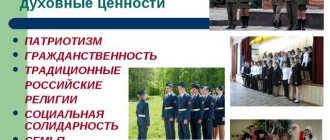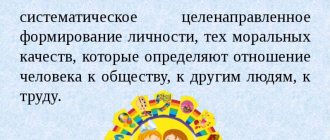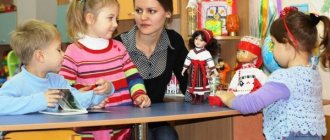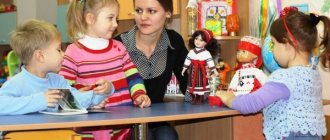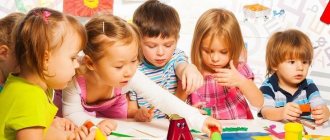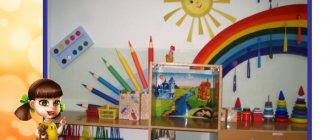Filtering information, or the important role of television
We will not talk now about the dangers of the TV itself (computer, tablet). Doctors talk a lot about this, but we will remind you of the colossal influence that what a small viewer watches has on moral education. Any seemingly most harmless cartoon carries a semantic load . The beloved hero becomes a role model; his behavior makes adjustments to the upbringing of the preschooler. Therefore, pay attention to what your baby is watching?
In the last century, during that same Soviet era, the state solved this problem for parents with the help of Soyuzmultfilm. Everything that appeared on the screens had an educational purpose. Cartoons taught people to be kind, well-mannered, educated, and hardworking. They taught to love their homeland, love their parents, make friends and respect their elders. And even the “evil” in Soviet cartoons, for the most part, was kindly charming and funny. Do we need to remind you what the level of morality was in the country?
Today the filter and censorship were completely turned off . All kinds of monsters, ugly characters, constantly swearing, shoving, rude, ill-mannered and unkempt, look at the baby from the TV screen.
Important
Notice what information is conveyed by low-quality cartoons from cheap commercial channels?
What children see and what they take in:
- Aggression. An eye for an eye, a tooth for a tooth, and that's putting it mildly. Hit, push, throw something at someone who annoys you;
- Selfishness. Every man for himself in this world;
- Lack of compassion. Laugh if someone is hurt, pass by if someone needs help. Plus the endless pain that the heroes experience. They are beaten, a weight falls on them, they fall from a height, and there are no feelings of regret - children are asked to laugh at an animal that has fallen from a height (example);
- Cunning. To deceive, to deceive in order to achieve a goal;
- Bad manners (how I want to talk about Peppa Pig). Cartoon characters are not shy about the sounds of their bodies (and laugh fervently at this), they climb into the mud and enter without knocking.
Mathematics classes with children 4-5 years old, what a child should know
And these characters can become examples of moral culture, just think about it. Cheap videos filled the Internet. Children independently click cartoons on their tablets and computers, while their mothers rush to do household chores. This “information dump” poses a serious danger and damages not only the morality of children, but also their fragile psyche as a whole. Choose only those cartoons that teach goodness and justice - the basis of moral education.
Moral education of preschool children in kindergarten
Moral education in kindergarten is not a separate block, such as physical, musical or patriotic. It is organically woven into the activities and routine moments of the preschool institution.
The main task for the teaching staff is to strengthen the connection between the preschool educational institution and the families of the pupils. Family and kindergarten are the two main educational institutions. Their functions are different, but the goal is the same - the education of a harmonious moral personality, so interaction is necessary.
In the pedagogical activities of a kindergarten, moral education is carried out mainly systematically, during educational activities (classes). Moral education is carried out with the help of fairy tales, stories and poems for children, recommended for reading in kindergarten. After reading, the teacher conducts a conversation with the children, during which the children learn to empathize with the characters, analyze their actions, drawing conclusions for themselves about how they can and cannot act.
But not only in the classroom, but also in all regime moments, teachers continue their educational activities. On a walk, children learn friendly, organized play, get to know the world around them, and learn to be in harmony with it. Children learn food culture and table manners while eating. Saying “thank you” to the cooks for a delicious lunch, changing their shoes so as not to stain the floor, which the nanny washes every day, children learn to appreciate the work of others and be grateful.
Kindergarten solves those tasks of moral education that the family is not able to fully implement - here children learn to live in society . This is a very important point. The child learns to be in a team, treat his friends and elders with respect, share toys, organize joint activities - all this becomes a strong help for a solid foundation of morality for the still small individual.
